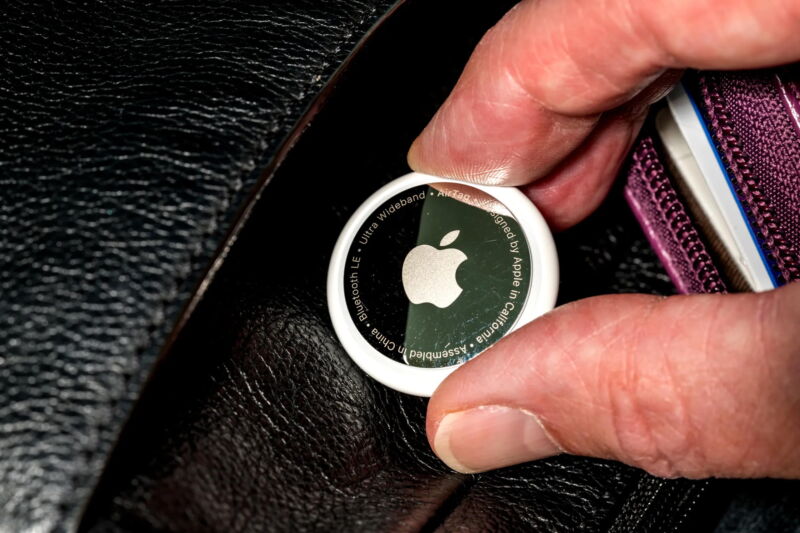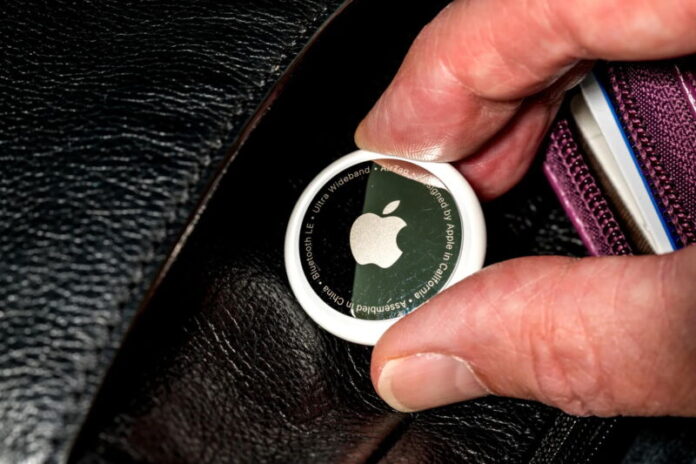
Enlarge (credit: BackyardProduction via Getty Images)
Apple's AirTags are meant to help you effortlessly find your keys or track your luggage. But the same features that make them easy to deploy and inconspicuous in your daily life have also allowed them to be abused as a sinister tracking tool that domestic abusers and criminals can use to stalk their targets.
Over the past year, Apple has taken protective steps to notify iPhone and Android users if an AirTag is in their vicinity for a significant amount of time without the presence of its owner's iPhone, which could indicate that an AirTag has been planted to secretly track their location. Apple hasn't said exactly how long this time interval is, but to create the much-needed alert system, Apple made some crucial changes to the location privacy design the company originally developed a few years ago for its “Find My” device tracking feature. Researchers from Johns Hopkins University and the University of California, San Diego, say, though, that they've developed a cryptographic scheme to bridge the gap—prioritizing detection of potentially malicious AirTags while also preserving maximum privacy for AirTag users.
Read 13 remaining paragraphs | Comments
Ars Technica - All contentContinue reading/original-link]




